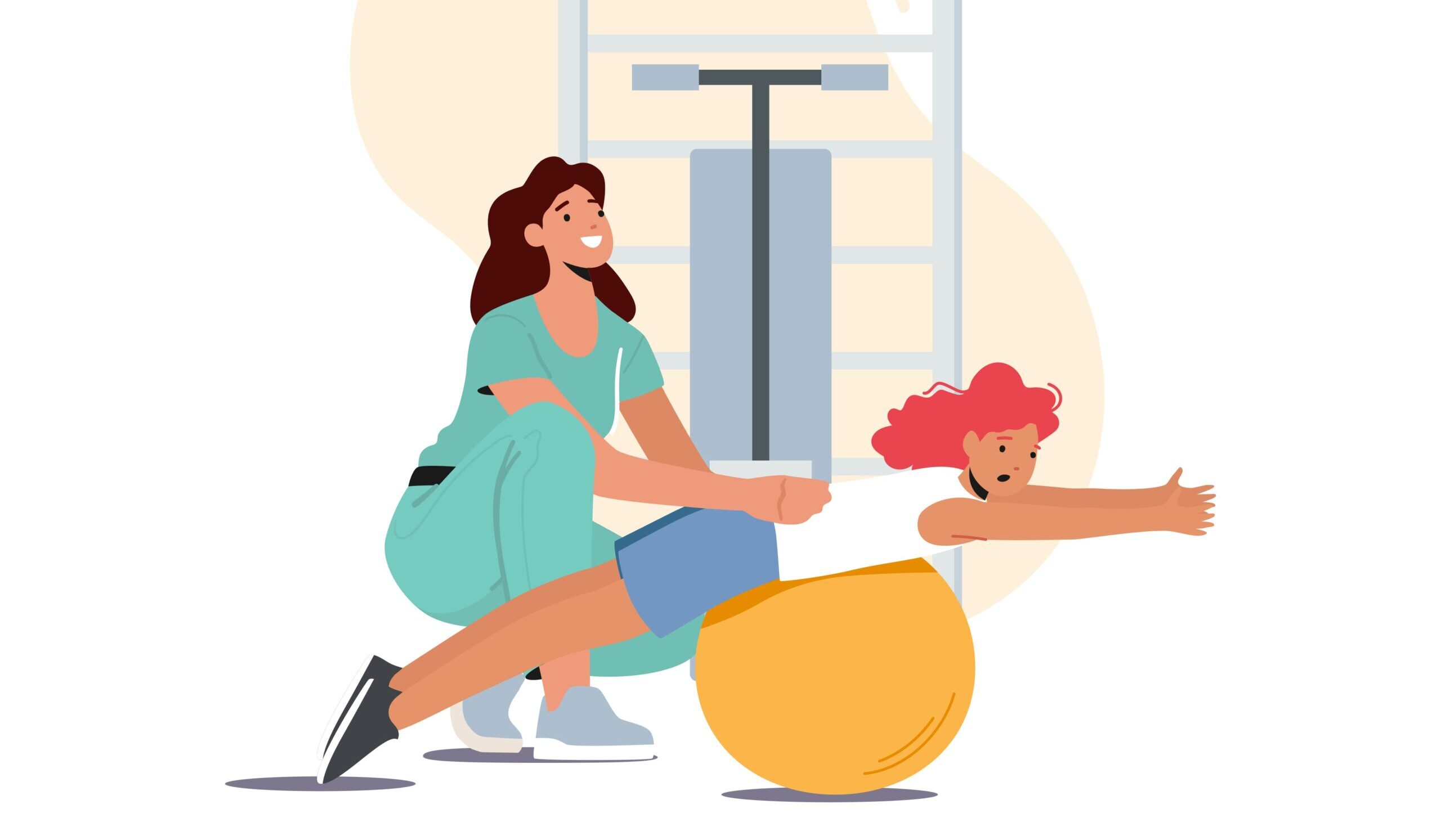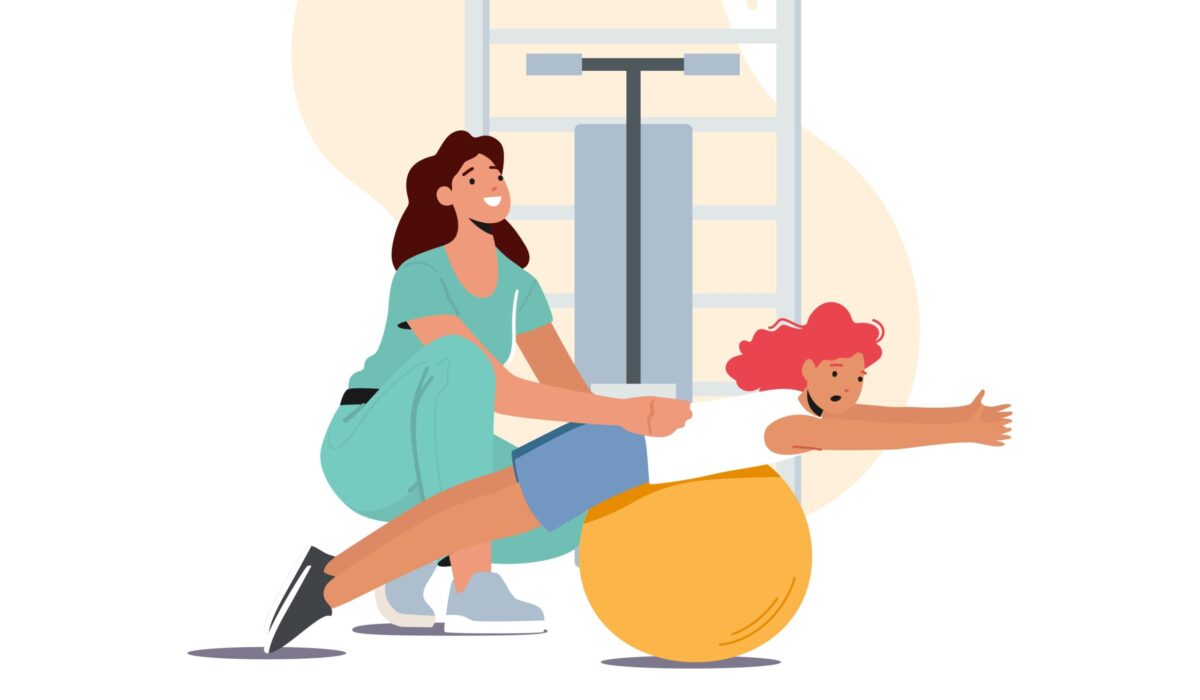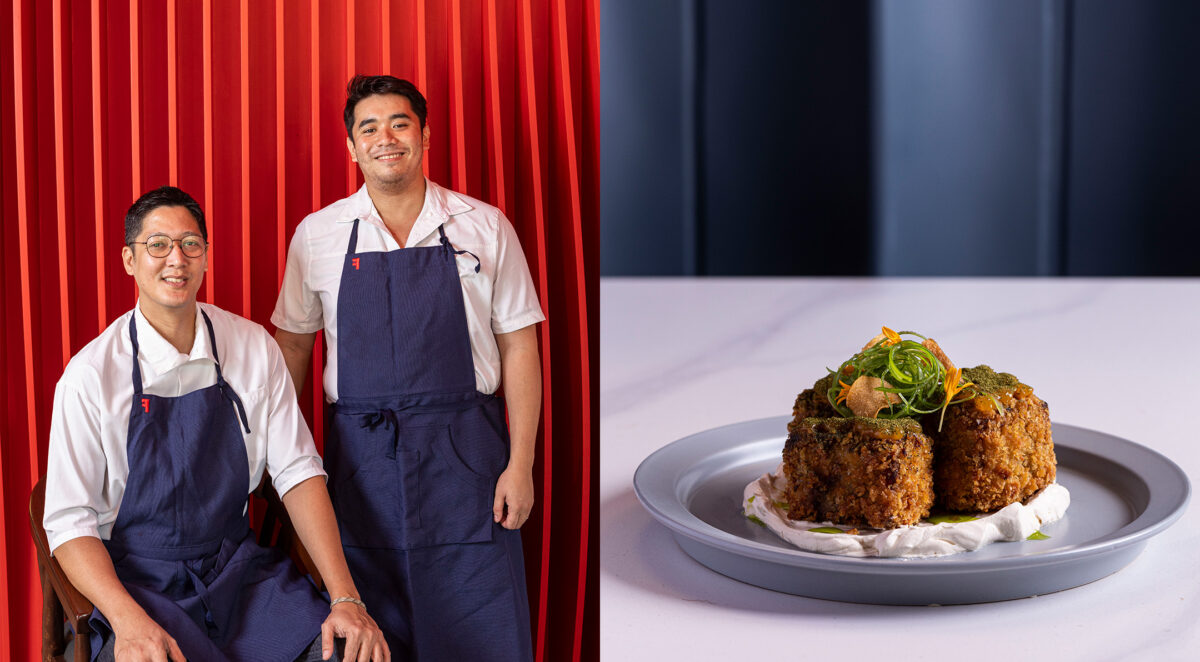We need to stop pretending that old is the worst thing a woman can be
Demi Moore won her first-ever Golden Globe (and her first-ever Oscar nomination) this year at 62 for her starring role in “The Substance,” a film that explores societal and aesthetic expectations and demands that women are expected to comply with to be deemed valuable by society.
After 45 years of acting, Moore said this was her first time to win anything in her entire career. Many had doubted her, saying she was “way past her prime” to be a lauded Hollywood name—never mind her male contemporaries still being offered roles and nominations left and right. Still, many didn’t think she would make such a lasting impression, much less win the award.
Many had doubted Demi Moore, saying she was “way past her prime” to be a lauded Hollywood name—never mind her male contemporaries still being offered roles and nominations left and right
However, when she was younger, Moore was subject to being oversexualized in her roles and as a young actress. Once she was deemed too old, just like her role in “The Substance,” she was quickly replaced by another young starry-eyed actress to take the limelight. People demanded bouncy skin and a perky body, and the Hollywood machine chewed on and discarded one actress for another—just like that, just like they always have. Hollywood has had a window for actresses, and it often shuts when they’re 40.
This happened to several actresses—being deemed too old to play roles even if they were decades younger than their male counterparts. Elizabeth Banks auditioned for the role of Mary Jane Watson for Sony’s “Spider-Man” and was rejected for being too old—even if she was Tobey Maguire’s age. They instead cast Kirsten Dunst, a teenager at the time, and a decade younger than Maguire.

In an interview for The Wrap, Maggie Gyllenhaal recalled her own experience, saying, “I’m 37 and I was told recently I was too old to play the lover of a man who was 55. It was astonishing to me. It made me feel bad, and then it made me feel angry, and then it made me laugh.”
Geena Davis was once rejected for a role when she was 20 years younger than the man who would play her romantic interest.
The leading men of Hollywood age, but their romantic interests don’t—or can’t.
Many have commented that once Hollywood deems them sexless and without the appeal of youth, they are quickly wrapped in cardigans and stowed at the back as someone’s mother or grandmother—if they’re lucky
Many have commented that once Hollywood deems them sexless and without the appeal of youth, they are quickly wrapped in cardigans and stowed at the back as someone’s mother or grandmother—if they’re lucky.
There are some exceptions, of course, but for the most part, this is the truth of it: Women are devalued as they age and we have bought into this manufactured practice in real life too—not just in movies.
Beyond the screen
This perspective is all too common anywhere. Beyond just the glitz of Hollywood, we societally celebrate youth and virility in young women and act like aging is a betrayal. We have been conditioned to believe that one of the worst things a woman can be is old. Because then she’s a hag, she’s dried up, she’s, like how many painted Moore, “past her prime.”
Societally, we have been taught to be more concerned about wrinkles, sagging bodies, and age lines than the impact we leave behind. More beauty products aimed at anti-aging are marketed for women, with the “10 years younger” slogan becoming more and more urgent the more birthday candles are on our cakes.

As women, we are exposed to media that has caused us to cling to our youth and beauty more than legacy, education, and even basic decency. It’s parrotted in people who have influence over us, with older women in our lives telling us to make sure we’re good about our skincare or to capitalize on our age while we’re young, so we don’t end up looking old—like it’s a crime.
Much like Hollywood, this obsession is tied to our perceived sexual value. A younger woman who fits the mold of traditional, stereotypical, submissive beauty is seen as a more viable sexual candidate. She’s attributed with the “gift” of youth, more desirable because of her longer window of fertility. Society sees women who don’t resemble this superficial picture of youth as no longer useful because they’re perceived as people who can no longer make babies (which, according to recent fertility research, isn’t even always true).
As women, we are exposed to media that has caused us to cling to our youth and beauty more than legacy, education, and even basic decency
This draconic notion of birthing and rearing children being the things all women are good for in a day and age where brilliant women are at the helm of many industries is not only ridiculous but also incredibly insulting. Sadly, the state of the world and the rise of louder conservative ideologists have only seemed to embolden this notion and have it return with an even stronger misogynist vengeance.
Much like Hollywood, you’re at the prime of your life as a beautiful leading woman (if you’re lucky). Then you’re someone’s frumpy mom, not even considered a main character or a woman—because to the patriarchy, to be considered a woman is to be considered sexually viable.
How hating older women also hurts younger women
Being fertile, young, and healthy is almost always saddled on women, never mind that research shows men’s declining fertility and sperm motility past the age of 40—we still have big-shot actors in their 60s being paired up with 20-year-old actresses. And this is mirrored in real life too.

Beyond the already facetious idea that older women have no value, there is also the danger that this obsession with youth brings. Because youthfulness is prized, younger women are desired—and that desire is often acted upon. Young women are preyed on by older men—Hollywood or not—and are showered with praise, all to be baited by predatory men.
The consequences of hypersexualizing young girls even beyond TV and media have already shown themselves. Young women and girls are exploited, objectified, and humiliated every single day. It’s almost commonplace for there to be a leak of young girls’ explicit images—and with the rise of AI and deepfakes, it’s all the more prevalent.
Beyond the already facetious idea that older women have no value, there is also the danger that this obsession with youth brings. Because youthfulness is prized, younger women are desired—and that desire is often acted upon
Big age gaps and the power dynamics they bring also come to light. More often than not, older men come off as cool and macho and impress these younger women with their spending power—spending power they’ve had since these girls were born usually—and hold that power over the entirety of the relationship. Men are encouraged to explore and find their life and then are accepted still when they choose to settle down much older.
Invisible women
This baseless disregard for older women has also rendered so many of them invisible in society. Without their perceived virility and adherence to youth, they are considered unremarkable, just another obstruction. If they aren’t ignored, they’re ridiculed. One of society’s favorite insults for a woman is old and alone—as if either of those things is inherently bad.

It seems that women are only faced with two paths: stretch out their youth as long as possible or fade into obscurity. And without any other celebrated option, we are taught to cling with desperation to our youth and see old age as the worst thing we can be. Mae West said, “It is better to be looked at than overlooked” and some women agree with this, so they will endure endless sexualization and objectification—because, under patriarchy, the only way to be looked at is to be young or try. Those who don’t subscribe to this mindset are punished with humiliation.
Many older women, despite other achievements, whether academic or professional, are still ignored because they are no longer sexual candidates to ogle. So they become background characters, often disregarded, and even just not treated with respect. They become “old ladies” who kind of just exist in-between. They are no longer people of note, just passers-by to insult or ignore.
Many older women, despite other achievements, whether academic or professional, are still ignored because they are no longer sexual candidates to ogle
Davis founded the Geena Davis Institute on Gender in Media where her research revealed more of the (heartbreaking) same. Women over 50 were far more likely to be depicted as frumpy, unfashionable, senile, and insulted for their age compared to actors of the same age.
This is reflected in real life. Older women are seen as background characters, to laugh at or to act as filler. Older women are far more likely to experience ridicule for being old than men are and will endure more insults about the state of their appearance, if noticed at all.
Where men can just exist, women are asked to perform. And when they choose not to (or at least not in the way society accepts), they are in the wrong. Even if they’re decorated scholars or brilliant minds.
Aging with grace

As a woman squarely in my 30s, I have been fortunate to have many older female mentors, guides, and teachers in my life. Women who have been more to me than their looks—it was their kindness, courage, and wisdom that carried me through life and away from the all-too-pervasive internalized misogyny that patriarchal systems hope to ingrain. They plucked me in my youth, nurtured my mind, and shielded me from those who wanted to take advantage of my naivete. They cheered me on academically and taught me to detach my worth from looks alone, that there was so much in me to be astonished by.
There is nothing wrong with age; if anything, it’s a symbol of endurance, persistence, and grit in a world that pits women against each other and has them fighting for recognition amid structures that coddle and prioritize men
Just like these women, I look to highlight, celebrate, and amplify the voices of other women beyond just youth and beauty. Women are smart, women are kind, women are brave—women can be more than young. And they can be all these things whatever age they are and still worth celebrating.
Old age is inevitable, which makes this societally ingrained need to run from it as women even more ingratiating. There is nothing wrong with age; if anything, it’s a symbol of endurance, persistence, and grit in a world that pits women against each other and has them fighting for recognition amid structures that coddle and prioritize men.
We need to stop pretending that old is the worst thing a woman can be.







































